JONES LAW GROUPYour Lawyers for Life! Personal Injury Law Firm in St. Petersburg
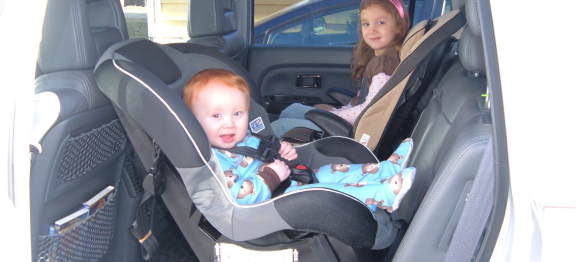
My Child Was in a Car Accident – What Should I do? According to the Centers for Disease Control, there are approximately 150,000 children that are injured each year in traffic accidents.[1] Unfortunately, that estimate is probably understated. What is the reason for the understatement? According to recent studies, small children are more susceptible to […]
Call our personal injury law office directly at (727) 512-9847
At Jones Law Group in St. Petersburg, FL, we would like to hear from you. Contact us for a free personal injury case consultation.
Call our personal injury law office at (727) 512-9847
Get educated on the Florida's personal injury laws and more.
My Child Was in a Car Accident – What Should I do?
According to the Centers for Disease Control, there are approximately 150,000 children that are injured each year in traffic accidents.[1] Unfortunately, that estimate is probably understated. What is the reason for the understatement? According to recent studies, small children are more susceptible to concussions and traumatic brain injuries. The symptoms are thought to be the same when a small child suffers a traumatic brain injury and when an adult suffers a traumatic brain injury. However, traumatic brain injuries can be overlooked in small children and they are difficult to diagnose. The difficulty comes because small children and babies cannot express there discomfort in the same manner as an adult.
Generally speaking, and assuming the child or baby has been properly restrained in an approved car seat, (though many parent fail in this regard) the risk of injury is greatly reduced. Typically, children suffer many of the same injuries as adults when involved in car accidents. The most common of which are:
1. Head and brain injuries;
2. Injuries to the chest and lungs;
3. Abdominal injuries;
4. Fractures to the collarbone, arms and hands; and
5. Fractures to the pelvis and legs.
After an accident it is important to closely monitor your child. Remember the in the car crash your child is susceptible to a whiplash type injury. Whiplash can cause a concussion or traumatic brain injury, but your child may not be able to articulate the symptoms effectively. Instead your baby may:
1. Vomit;
2. Cry and hold his/her head;
3. Be noticeably more cranky or irritated than usual; and
4. Be restless and unable to sleep.
If your child is exhibiting these symptoms after a car accident, you should seek a medical opinion. Remember, that sometimes the symptoms of a brain injury do not appear until hours after the accident.
How Can a Traumatic Brain Injury Affect My Child?
Until recently, medical experts thought that concussions and traumatic brain injuries long lasting effects were felt less in children than adults.[2] The reason most cited by doctors was the “plasticity” of children’s brains. We now know this to be incorrect. We know that children who suffer head injuries feel long term cognitive and emotional impairments. The problem arises because when the long term cognitive and emotional issues manifest themselves, the car wreck is a distant memory.
A child’s brain is not like a mini adult brain. The child’s brain is developing and growing. For instance, if an infant suffers a traumatic brain injury, there may be effects on higher thinking that are not noticed until the child is in school. Until recently, the brain injury and the cognitive, learning or emotional issues that arose years later were not connected.
How Can A Brain Injury in a Child be Treated?
The severity of the injury will determine the course of treatment. Some brain injuries are so severe that surgery is required. Others require only monitoring. The depressing news is that there currently is not a medical treatment to reverse a brain injury. However, large strides have been made in educating children that have suffered a traumatic brain injury. For that reason, if you believe that your child suffered a traumatic brain injury it is important to closely monitor the child’s academic and emotional progress. Depending on the type of impairment, the manner in which the child is taught may be modified so that effects of the injury are minimized.
If the child is suffering from emotional issues such as depression, low self-esteem, mood swings etc., counseling is an effective tool that may minimize the effects of the traumatic brain injury. After a brain injury the child may have some or several cognitive/emotional deficits. Unlike an adult, who is more likely to exhibit the deficits in the months following the injury, the symptoms and effects may not manifest themselves for years in children.
Contact Jones Law Group
Have you or a loved one been injured in an accident? Contact an experienced St. Petersburg personal injury attorney at Jones Law Group today. When you contact our office we will immediately set an appointment where you will meet your attorney and be provided with his/her personal contact information. If you do not have transportation or you cannot drive, your attorney will travel to meet you and discuss your case with you in the privacy of your own home.
Whether you were a pedestrian, a bicyclist, or the occupant of car, motorcycle or boat and have been injured in an accident, you should immediately call an experienced personal injury attorney in St. Petersburg at Jones Law Group at (727) 571-1333 during regular business hours or (727) 753-8657 on weekends or after regular business hours. We will evaluate your case for free and you will never pay us a dime unless we recover compensation for your injuries.
Jones Law Group
5622 Central Avenue
St. Pete, FL 33707
[1] http://www.cdc.gov/Motorvehiclesafety/child_passenger_safety/cps-factsheet.html
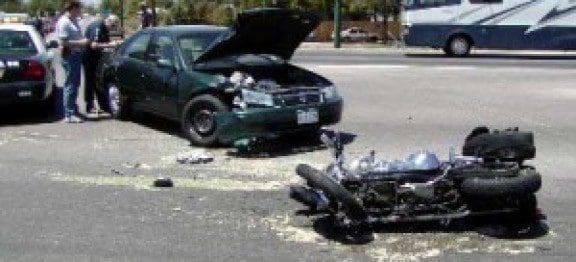
By: Heath C. Murphy + – Personal Injury Concussions are probably the most common injury following a motorcycle accident. Unfortunately, they are one of the more ignored injuries that are suffered by bikers. It isn’t because doctors do not care or are incompetent. It is just that immediately following a motorcycle crash, the broken bones, […]

There are many benefits to riding a motorcycle. Besides being more fuel efficient and more environmentally friendly than cars, they are arguably more fun to drive. However, because they are so exposed to the outside world, riders must remain cautious and prepared for anything to happen on the road. Motorcyclists are 27 times more likely […]
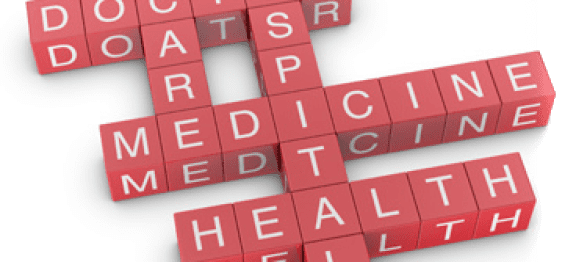
By: Heath C. Murphy + – Personal Injury This is Part II of VI in my Personal Injury Medical Terms Glossary. This blog will focus on the most common injuries and terms related spinal injuries that are suffered by those injured as a result of a slip and fall, a car accident, a motorcycle accident, […]
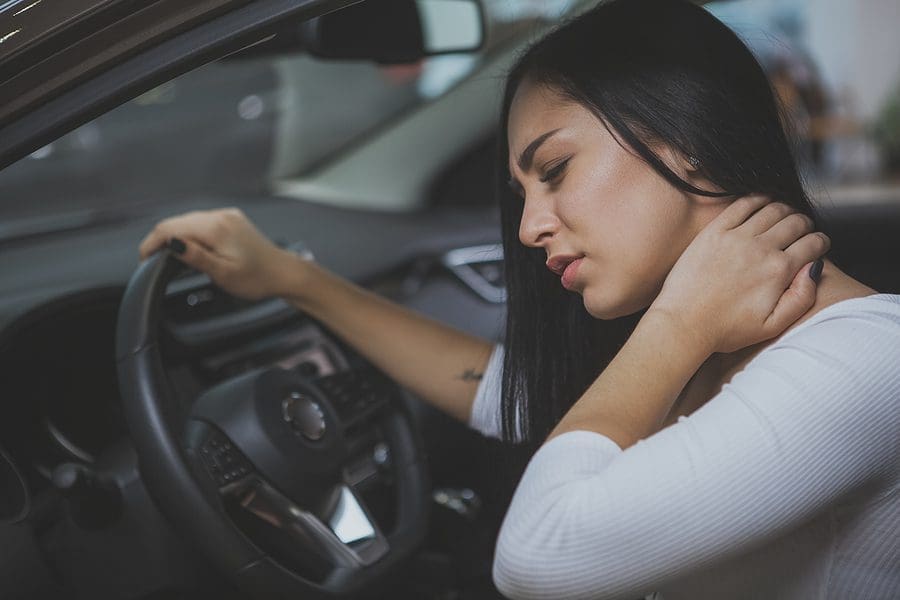
You might have heard that a “minor” car accident happens to someone else. If you’ve been in a car wreck and suffered an injury, you’d classify that collision as anything but minor. Florida is a beautiful state, but it’s also a tough place to drive in many instances. People who are hurt in a car […]
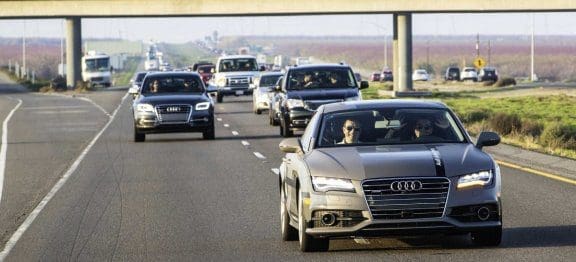
By: Heath C. Murphy + – Personal Injury Cars are safer than ever before. Cars are increasingly coming equipped with forward collision warning systems, blind spot detection, lane departure warning, lane departure prevention, autobraking, adaptive headlights and adaptive cruise control. Google is testing driverless technology and expects to have the technology available to automakers by […]

Halloween is one of the best nights of the year – as long as you’re safe. Unfortunately, more children die on Halloween night than on any other night. If you follow these safety tips for Halloween, you should have a great time with no issues. Every attorney with our firm has extensive experience in personal […]
Speak with us before time runs out! In Florida, you have a limited window to file a personal injury case, so speak to an Attorney today.
Call our personal injury law office directly at (727) 512-9847
Jones Law Group is a dedicated personal injury lawyer in St. Petersburg, FL, serving the Tampa Bay area since 2006. Our experienced attorneys specialize in car accidents, slip and fall cases, employment law disputes, construction law issues, and overtime wage claims, fighting for maximum compensation on a contingency fee basis. Contact us for a free consultation to discuss your case.
Call our personal injury law office at (727) 512-9847
© Copyright 2006–2025 Jones Law Group Attorneys at Law. All rights reserved. Privacy Policy Terms of Use
Attorney Advertising.
The information on this website is for general information purposes only. Nothing on this site should be taken as legal advice for any individual case or situation. This information is not intended to create, and receipt or viewing does not constitute, an attorney-client relationship. Past results do not guarantee similar outcomes.
Are you injured or wronged and interested in a consultation? Fill out the form for a free consultation with us.